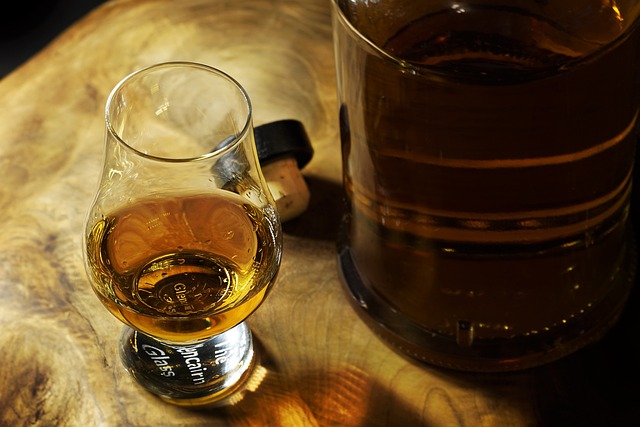Alcohol dependence is a pattern of alcohol use where one cannot control their drinking. A person dependent on alcohol is preoccupied with drinking and continues to drink even when their habit causes problems. People with an alcohol dependence problem may be in denial about their condition or may try to hide their alcohol habit, which prevents them from getting the help they need and potentially going to alcohol rehab. Here are six signs to look out for if you suspect you or a loved one has alcohol dependence:
1. Frequent Heavy Drinking
Overindulging in alcohol is the most obvious sign of alcohol dependence. It is normal to indulge in alcohol occasionally. But there is cause for concern if you habitually drink heavily. As you begin to take larger amounts of alcohol, your body adjusts, and it takes longer for you to feel tipsy. You might not notice that you are overindulging because you do not feel drunk.
If you are concerned about your alcohol consumption, check how much you drink compared to your friends when you go out together. You can also track how often you drink in a week and how many drinks you consume each time.
2. Lying About Drinking
Feeling ashamed or guilty about the amount of alcohol you consume is a sign of an alcohol problem. You may be worried that your drinking is out of control but may not want to acknowledge it. You may lie about how much you drink or hide your drinking habit to avoid questions from your loved ones. Alcohol rehab may help you overcome your drinking habit before it becomes problematic.
3. Difficulty Avoiding Alcohol
You may already realize you have an alcohol problem, but trying to stop has proven difficult. Alcohol dependency makes it harder to avoid alcohol use. When your body is dependent on alcohol, it reacts as if deprived of a key nutrient whenever you try to keep off alcohol.
You may experience withdrawal symptoms like headaches, anxiety, fatigue, body tremors, nausea, and mood swings whenever you abstain from alcohol. You may end up drinking to avoid the symptoms. Withdrawal symptoms can lead to hospitalization and may be fatal. Consider going to alcohol rehab where a professional can monitor your symptoms as you wean your body off alcohol.
4. Constant Alcohol Cravings
Alcohol cravings may worsen your drinking problem, sinking you further into addiction. You may find that you think about alcohol obsessively and are always planning when to have your next drink. You may drink faster than everybody else to feed your cravings. It is also not unusual to take breaks from work to secretly drink alcohol when you suffer from alcohol addiction.
Start paying attention to how often you think about alcohol in a day. If you or a loved one struggles to distract yourself from thoughts of drinking alcohol, it may be time to seek help. In alcohol rehab, professionals help people to overcome their cravings through medical detox, behavioral therapy, and counseling.
5. Neglect of Responsibilities
Alcohol reduces a person’s impulse control, making them more likely to engage in risky behavior. You may engage in activities like drunk driving and brawls and have no memory of your actions after you sober up. Alcohol abuse eventually causes people to neglect their responsibilities in favor of satisfying their addiction. Absenteeism at your workplace or missing out on time with your family to drink are all red flags.
6. Declining Family Relationships
Cutting off friends and family makes it easier to hide a drinking problem. You may also avoid your loved ones when they question you about your alcohol habit. People with alcohol dependence structure their lives around alcohol-related activities and may cut off friends who do not drink.
Neglecting your family responsibilities due to your alcohol problem may damage your relationship with your family and friends. It may be best to intervene when a loved one begins to isolate themselves and spend a lot of time drinking alone because they may be battling addiction.
Overcome Alcoholism Through Alcohol Rehab
Shame, guilt, and frustration are normal feelings you may experience when trying to overcome alcohol addiction. Trying to control a drinking addiction may also be emotionally and mentally exhausting. If you or a loved one has experienced the above signs, they can get help. Alcohol rehab helps you overcome alcohol addiction and build good habits to keep you from relapsing. Get the help you need to gain freedom from addiction today.







